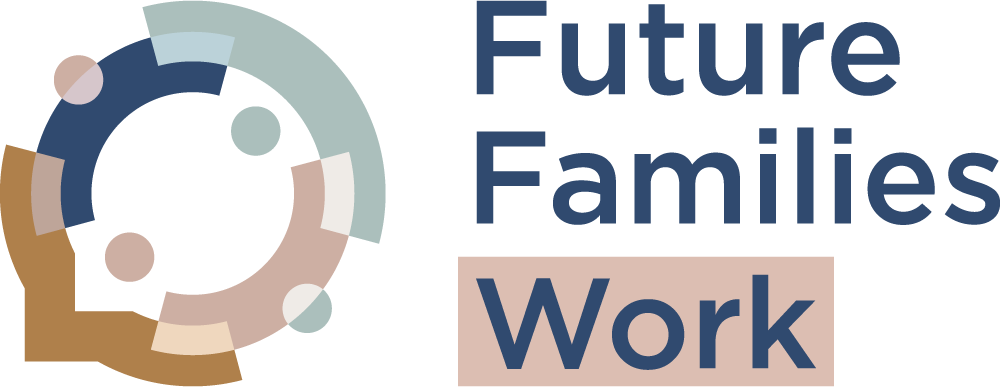The purpose of this toolkit is to empower managers with the knowledge and confidence to navigate diverse employee circumstances, particularly those with parental responsibilities. By focusing on fostering a healthy and inclusive hybrid culture, it aids in developing specific actions, building self-awareness around professional beliefs, facilitating inclusive conversations, and fostering empathy for team members facing diverse family challenges.
Simply click ‘Download our toolkit’ at the top of this page, fill in some details, and you can download the toolkit straight to your device.
Our toolkit includes a dynamic set of resources aiming to provide practical and empowering support. Dive into three compelling case studies, each accompanied by thought-provoking reflection questions derived from real-life experiences. Navigate the toolkit seamlessly with our user guide, and spark engaging conversations with an interactive pack of cards that unravel the essence of professionalism for you and your team. Additionally, leverage discussion points crafted for managers to enrich your self-reflection, fuel team discussions, and enhance one-to-one interactions with employees.
While the downloadable version of toolkit itself is not customisable, we enthusiastically encourage you to reach out to us. We are committed to providing tailored support wherever possible and there may be the opportunity to work collaboratively to meet your specific requirements and ensure the toolkit aligns seamlessly with your unique needs.
Yes. Additional case studies on how you can support your team can also be made available upon request – please just get in touch for further information.
Absolutely. The academic team behind the toolkit is dedicated to ongoing research, ensuring that it stays current and anticipates the evolving needs of diverse working families. For those who download the toolkit, we offer the opportunity to stay informed about any developments. Additionally, you'll have exclusive access to new resources, including additional case studies, to further enhance your toolkit experience.
Certainly. The toolkit comes equipped with a thorough user guide that outlines the diverse sections and resources available within. This guide is designed to facilitate easy navigation, allowing you to pinpoint and explore specific areas of interest with convenience.
The toolkit is intended as a free resource for use within your business to drive positive change. We encourage sharing for the benefit of fostering inclusivity and understanding diverse family circumstances. If you come across other businesses that could benefit from this toolkit, we kindly ask you to direct them to our website. This ensures they can access the latest updates and resources while allowing us to stay in touch with them on future developments. Thank you for your collaboration in spreading the impact of this valuable resource.
We love hearing from you! To share your feedback or suggest improvements for the online toolkit, simply head to the "Contact Us" section located at the top of the page. Your insights are invaluable, and we greatly appreciate any input or ideas you have to make the toolkit even better. Let's collaborate to enhance this resource and create a more impactful experience together.
This toolkit aims to support managers to gain the knowledge and confidence to understand and navigate diverse employee perspectives and circumstances with a focus on those with parental responsibilities, helping staff feel supported, healthy, and able to offer their full value to the team and organisation. In order to do this, this toolkit has been broken down into three sections:
Supporting hybrid working
Hybrid working is entirely changing employees’ perceptions of work and offers unique challenges in how to manage a team.

Supporting diverse working families
The traditional nuclear family is in decline in Britain so focusing on these circumstances alone is increasingly exclusionary.
Exploring what professionalism means
Encouraging critical questioning around current societal and organisational beliefs about ‘professionalism'.

